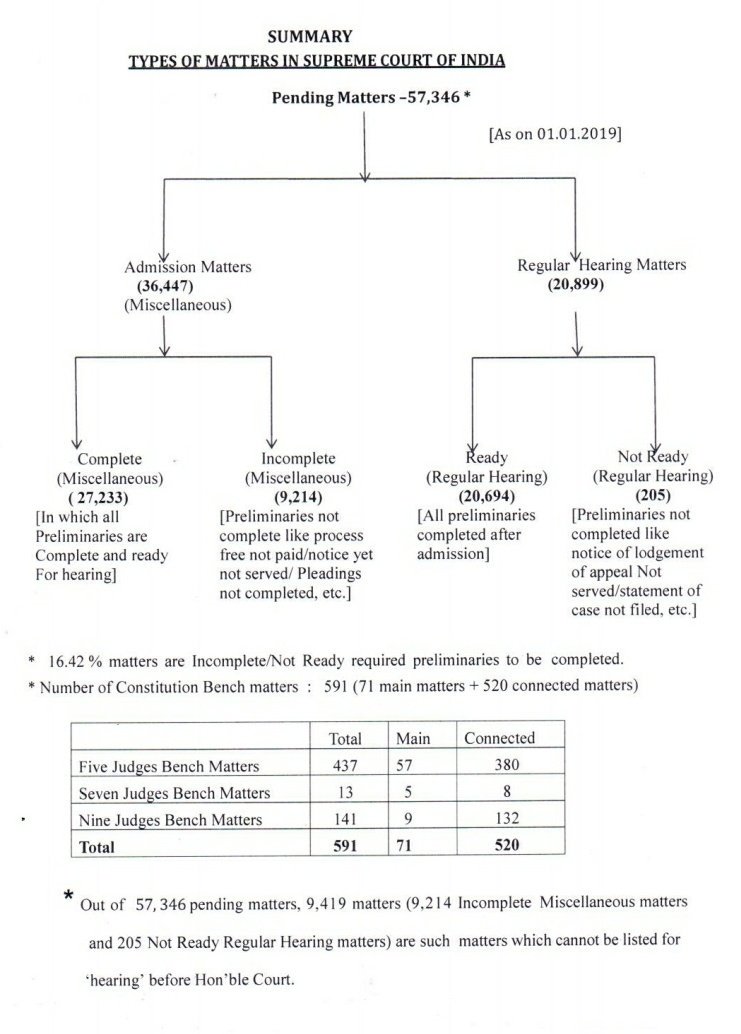Also as a % of Greater India / "South Asia", H % now is way lower than in 1880
1880CE - 79%
2018CE - 63%
1880 number sourced from census data (through Bajaj's talk)
2018: Wiki considering India, Pak, SL, BD, Nepal
Hey ...how does it matter if the H% in the subcontinent is 80% of 50%...We are all getting richer by 2-3% in per-capita terms every year. That's all that matters'
These questions are answered by the math of religious demography. And little else
As H % in "India proper" keeps dropping - let's say it drops further from 79% to 70% over the next 20 years -
The politics of the land will no longer be about Left vs Right. Progressive vs Conservative
But will increasingly be about H vs rest
It will eat the country from within
At least in 1947, the issue was settled through a territorial demarcation
In today's India, it is more problematic as the decline is not focused only in certain regions
The intellectual life of the land suffers
The nation suffers
All of this is inevitable as the H decline continues unabated
All the more reason to arrest this decline
This view is not mine. It is supported by the great Edmund Burke - the intellectual founder of modern party government
It was the settling of the "religious issue" in 1688 - with the Glorious revolution, and the Act of Settlement of 1689
Once and for all
Politics in its mature form, took birth in England, after the settlement of the religious war in favor of Protestants
If that religious settlement had not happened, politics in 18th and 19th century would still have revolved mostly around succession politics, and Catholic vs Protestant squabbles....
The whole Liberal vs Conservative divide would never have taken birth
"Statesmanship and Party Government - A study of Burke and Bolingbroke" puts it provocatively
(Contd..)
And gave birth in the long run to "little parties" debating secular matters
I get that.
It is harder to settle the "religious issue" once and for all in India through fiat or some kind of a peaceful revolution akin to 1688
The 1689 act was not quite the "act of settlement" but the Bill of Rights.
The Act of settlement followed in 1701 - strengthening the 1689 Bill of Rights.



